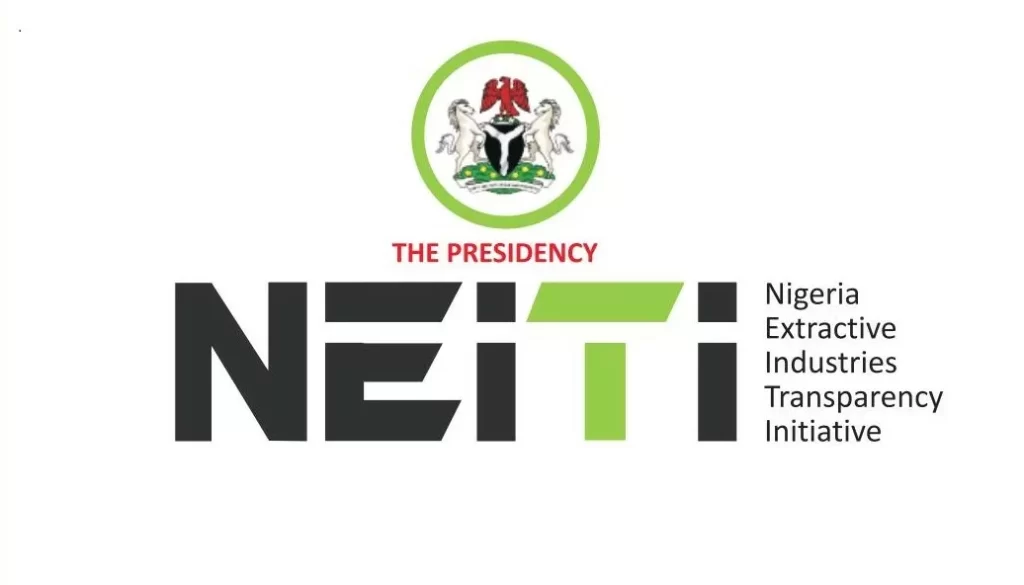In a significant leap forward for Nigeria’s commitment to transparency and reform in its extractive industries, the Nigeria Extractive Industries Transparency Initiative (NEITI) has completed its 2022/2023 Oil, Gas, and Solid Minerals Industry Reports ahead of schedule. This achievement reaffirms the country’s leading role in adhering to the Extractive Industries Transparency Initiative (EITI) standards, a global benchmark for accountability in the management of natural resources.
Why This Matters: A Milestone for Accountability
The early release of these comprehensive reports has broader implications beyond Nigeria’s borders. It strengthens the country’s stance on transparency, improving its credibility and attractiveness to international investors. The reports reveal critical data on revenue flows, production volumes, royalties, taxes, and payments made by oil, gas, and mining companies to the Nigerian government. By shedding light on these financial exchanges, the reports aim to reduce the risks of corruption and under-reporting of earnings, while enhancing public scrutiny of how revenues from Nigeria’s abundant natural resources are managed.
George Akume, the Secretary to the Government of the Federation (SGF), made the announcement during a meeting of the National Stakeholders Working Group (NSWG) in Abuja. He lauded the efforts of government agencies, civil society organizations, extractive companies, and the NEITI Secretariat for delivering the reports ahead of the stipulated timeline. This accomplishment aligns with a major pledge made by President Bola Tinubu earlier in 2024, when he committed to reinvigorating the NSWG and ensuring the timely publication of these vital industry reports. Akume emphasized, “This early completion reflects our firm dedication to transparency and accountability in Nigeria’s extractive sector.”
A Key Commitment from the President
President Tinubu’s administration has shown particular focus on ensuring Nigeria keeps pace with international best practices, especially within the context of the extractive industries, a sector that has been riddled with opacity in the past. Tinubu’s promise to reconstitute the NSWG and ensure the reports’ publication by September 2024 was met not only with anticipation but also with skepticism. However, this early completion fulfills both the President’s promise and Nigeria’s obligations to the EITI, delivering tangible proof of progress.
By advancing the delivery of these reports, Nigeria is positioned to close existing gaps in resource governance, setting the stage for meaningful reforms that will address revenue leakages, enhance domestic resource mobilization, and improve overall fiscal management. This can have a direct impact on Nigeria’s economy, particularly as the country looks for ways to diversify revenue streams amid declining oil prices and the global transition to cleaner energy sources.
The Strategic Importance of NEITI’s Reports
NEITI’s reports provide a treasure trove of information that can help the government track and recover hidden revenues. These include detailed audits of companies’ financial, operational, and process-related data, including payments made to the government, production quantities, and outstanding balances. This level of transparency allows Nigeria to have a clearer picture of what is being extracted, who is benefiting, and whether the country is receiving its fair share of revenues.
The 2022/2023 Oil and Gas report, as well as the Solid Minerals report, also dive into critical areas such as corporate social responsibility contributions, the environmental and social impact of extractive activities, and employment data within the industry (Leadership News).
Dr. Ogbonnaya Orji, NEITI’s Executive Secretary, highlighted the comprehensive nature of these reports, noting their alignment with Nigeria’s broader economic goals under the Petroleum Industry Act (PIA). Orji added that the reports would not only identify hidden government revenues but also offer actionable recommendations for the government to recover these funds.
Global Implications and Future Reforms
Nigeria’s position as a leader in extractive sector transparency is poised to further elevate with the reforms that these reports could trigger. By fostering a culture of openness and encouraging the adoption of global best practices, Nigeria stands to attract more foreign direct investment, especially as it seeks to diversify its economy beyond oil and gas.
Moreover, NEITI’s work is essential for implementing the Petroleum Industry Act (PIA), a landmark piece of legislation aimed at reforming Nigeria’s oil and gas industry. The early release of the 2022/2023 reports sets the groundwork for evaluating the impact of the PIA, which seeks to streamline regulatory practices, increase government revenue, and ensure that oil-producing communities benefit from the resources extracted from their land.
Tangible Benefits for Nigeria
These industry reports will offer critical insights for policymakers as Nigeria faces mounting economic pressures. With a significant portion of the country’s income tied to the oil, gas, and solid minerals sectors, a thorough understanding of revenue inflows and outflows is necessary to ensure that funds are used effectively for national development. The reports also provide transparency into the amounts collected by various government agencies, including taxes, royalties, and levies paid by extractive companies. This transparency will serve to build public trust, encourage accountability, and help bridge the gap between resource wealth and tangible development outcomes for the Nigerian people.
Furthermore, the reports align with global trends in resource governance, where transparency is increasingly being seen as a prerequisite for sustainable growth. Nigeria’s early completion of these reports marks the country as a standout performer among EITI member nations, reinforcing its role as a key player in the global movement for transparency in the extractive industries.
Final Thoughts: The Road Ahead
Looking forward, the completion of these reports could pave the way for further reforms in Nigeria’s resource management. NEITI has called on all stakeholders, including government agencies and extractive companies, to fully cooperate with its future audits. This cooperation will ensure that future reports continue to meet the growing demand for transparency, both domestically and internationally.
With Nigeria’s economy at a crossroads, the insights gained from these reports could offer a roadmap for leveraging the country’s vast natural resources more effectively, creating a more prosperous and equitable future for all Nigerians (Leadership News) (TheCable).

